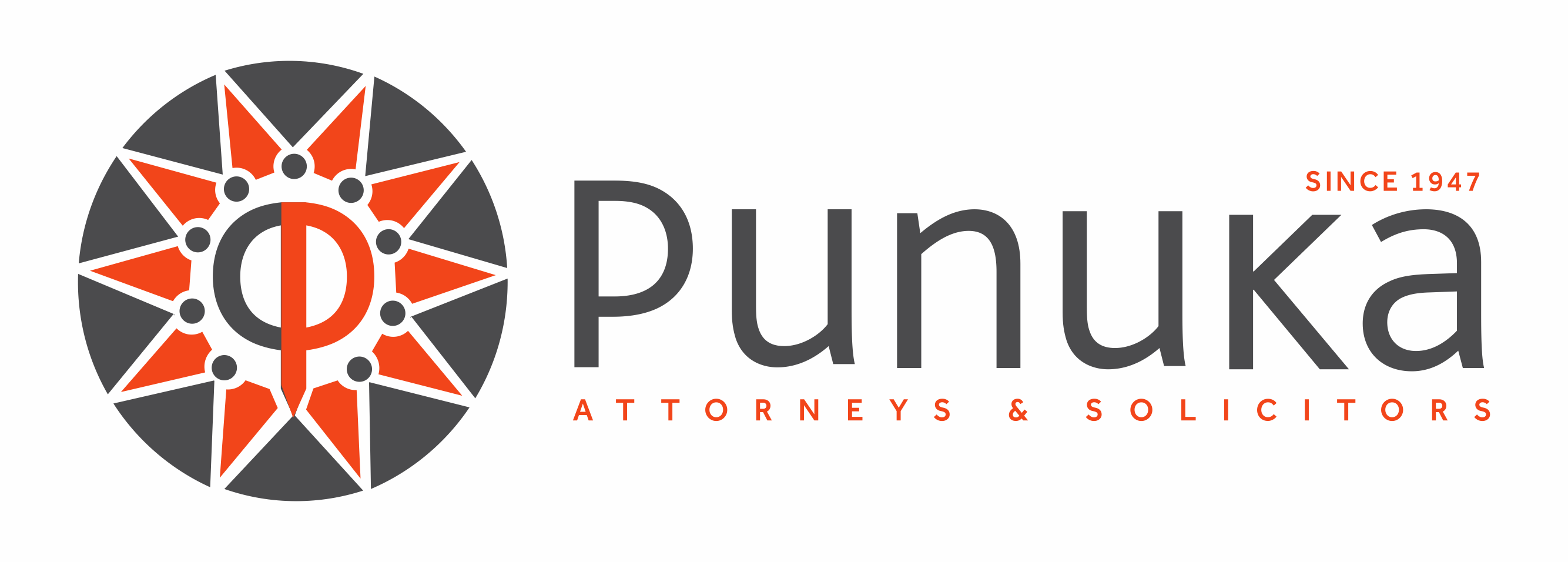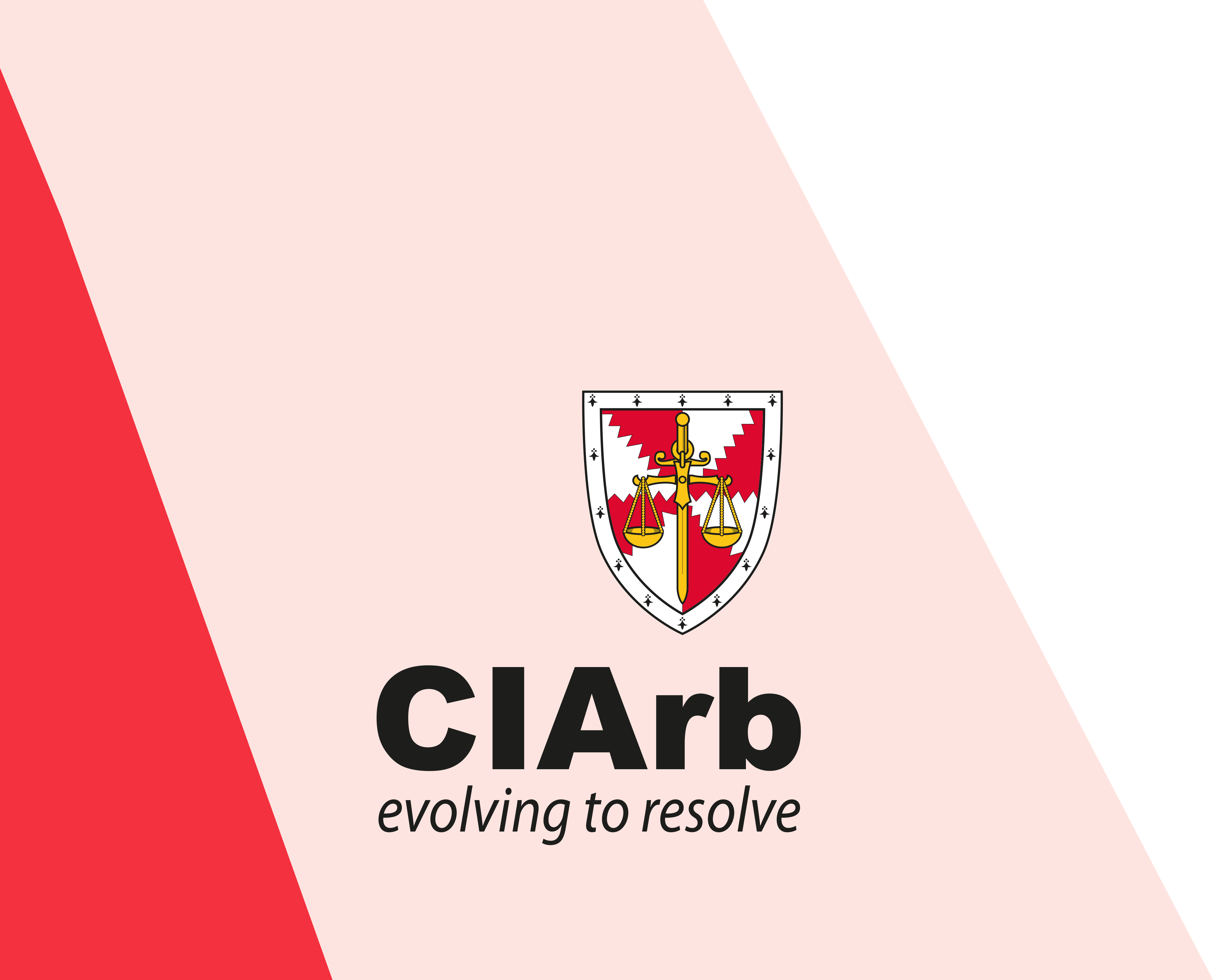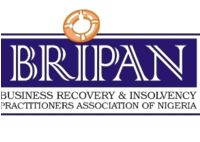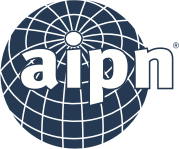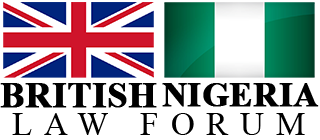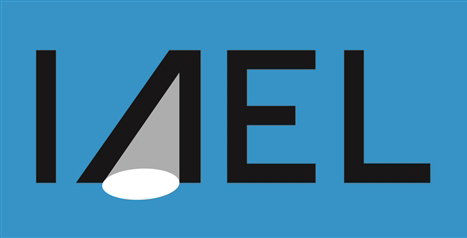The outbreak and rapid widespread of Corona Virus (Covid-19) in Nigeria currently constitutes a threat and poses several challenges to business owners in respect of its continuity as a going concern.
To tackle this pandemic menace, the Federal Government rolled out various economic survival measures and intervention funds to support business continuity and preserve the economy.
However, business owners require proper support to understand, assess, and comply with legal risks and requirements for accessing these funds.
These issues would be considered below.
1. Business Continuity Challenges In a COVID-19 Environment
Doing business in Nigeria since the outbreak of COVID 19 has been laced with several challenges including but not limited to reduced commercial activities & loss of revenue, inability to work remotely efficiently, liquidity issues, business activities are completely halted, problems with supply chain, staff anxiety, difficulty with debt recovery, etc.
Our firm conducted a survey on Business Continuity challenges from a cross-section of its clientele in diverse industries (hospitality, manufacturing, service providers, entertainment, Oil & Gas, etc) and this provided useful insights into the issue.
Some proactive business owners in a bid to manage the effect of outbreak on their business and also recover business debt quickly re-strategized vide exploring government stimulus package, restructuring of extant loan facilities, adopting technology as a business continuity strategy, etc and rescheduled payments in line with the projected cash flow of the customers, suggested solutions to challenges confronting the customers, accepting staggered payments from debtors, etc respectively.
The survey further indicated that; about 42% business owners had current or impending contract issues in the wake of COVID-19, 17% had credit line obligations that will fall due soon; 42% had challenges meeting obligations to creditors, 40% had a strategy to manage liquidity crisis, 85% had knowledge of the government intervention funds and stimulus packages whilst 60% required support with taking advantage of the said stimulus packages and intervention funds.
2. FGN ECONOMIC INCENTIVES/PALLIATIVES & CBN INTERVENTION SCHEMES
The Federal Government issued a number of measures calculated at promoting economic survival (particularly for businesses already in an existing working loan relationship) and possibly providing new debt capital to alleviate the pandemic effect[1].
These are briefly outlined below:
Economic Survival Measures
- A one-year moratorium on all principal repayments
- Interest rate reduction on intervention facilities from 9 percent to 5 percent
- Regulatory forbearance to deposit money banks for the restructuring of loans for affected businesses and households
- Three-month repayment moratorium for all government-funded loans
- Emergency economic stimulus bill 2020 – 50 % PAYE income tax rebate for employers that retain employees from 1st March 2020 to 31st December 2020
Financial Relief Measures
- NGN100 billion credit support for the Healthcare sector ((US$264 million)
- NGN50 billion (US$132 million) targeted credit facility for small and medium-sized enterprises (SMEs)
- NGN1 trillion (US$2.6bn) fund to boost local manufacturing and import substitution across critical sectors
Please see CBN Circulars to Deposit Money Banks and the General Public during the period of 18th to 25th March 2020
The Healthcare Intervention Fund
The objective of this Intervention Scheme is capacity building/expansion support for indigenous pharmaceutical companies and the Health care-related sector generally.
Eligible Participants – Healthcare product manufacturers; healthcare service provides; pharmaceutical products distribution & logistics services
Activities Covered – Healthcare, pharmaceutical, logistics & equipment manufacturing
Funding – Real Sector Support Facility-Differentiated Cash Reserves Requirement (RSSF-DCRR)
Participating Financial Institutions – Deposit Money Banks (DMBs) & Development Financial Institutions (DFIs)
Loan Limit – 20% average of last 1 to 3 years past annual turnover subject to a maximum of N500 Million for Working Capital, N2 billion maximum per obligor for term loans.
Interest Rate & Repayment – 5.0% P.A till 28th February 2021 and instalment repayment
Collateral Requirement – To be determined under the RSSF-DCRR
Modalities
- Submission of application to PFI with a bankable business plan
- Appraisal and due diligence
- Approval and submission to CBN
- Processing and disbursement of funds
Exit Date – 31st December 2030
SMEs Intervention Fund
On account of the impact of the pandemic on household businesses, Micro, Small and Medium Entreprises (MSMEs/SMEs), the FGN through CBN, announced an N50,000,000,000.00 intervention fund targeted at households and MSMEs.
SMEs are generally defined as businesses with an annual turnover of less than N100,000,000.00 or less than 300 Employees.
Accessing the Fund:
- The loan shall be funded from the Micro, Small and Medium Enterprises Development Fund (MSMEDF)
- The participating financial institution for the scheme is NIRSAL Microfinance Bank (NMFB).
- The Applicant submits its application to NMFB, with evidence of the adverse effects of Covid-19 on its operations
- The NMFB will conduct its due diligence and if satisfied, shall submit the application to CBN for approval
- The CBN will appraise the application and if satisfied, approve the disbursement
- The interest rate under the intervention shall be 5% per annum (all-inclusive) up to February 28, 2021, and thereafter, the interest on the facility shall revert to 9% per annum (all-inclusive) as from March 1, 2021
- The loan amount shall be determined based on the activity, cash flow and industry/segment size of beneficiary subject to a maximum of N25 million for SMEs, and N3Million for households
Terms, Collaterals, and Exit Date
- The loan for working capital shall be for a maximum of one year, with no option for rollover.
- For term loan, a maximum tenor of not more than 3 years with, at least, one-year moratorium.
Collaterals
- Moveable asset(s) that is duly registered on the National Collateral Registry (NCR)
- Simple deposit of title documents, in perfect state
- Irrevocable domiciliation of proceeds
- Two acceptable Guarantor and
- Personal Guarantee of the promoter of the business
- Comprehensive insurance over the asset etc
Exit Date – December 31, 2024
Eligible Applicants and Activities
- Enterprises with bankable plans to take advantage of opportunities arising from COVID-19 are also eligible for the fund
- Households with verifiable evidence of livelihood adversely impacted by COVID-19
- Existing enterprises with verifiable evidence of business activities adversely affected as a result of Covid-19
- Agricultural value chain societies
- Hospitality (Accommodation and food services)
- Health (pharmaceuticals and medical supplies)
- Airline service providers
- Manufacturing/ value addition
- Trading
- Any other income-generating activities as may be prescribed by CBN
3. LEGAL COMPLIANCE AND RISKS IN ACCESSING COVID-19 INTERVENTION FUNDS: IMPERATIVE FOR PROFESSIONAL SUPPORT
There are several issues that require careful consideration and professional advice in order to access the intervention funds. They include:
a. Loan documentation and Process (Meeting the requirements): The Intervention funds stipulate several requirements to be met by the applicants such as qualifying criteria (eligibility, maximum loan size, usage/restrictions, interest rate, repayment period, an application window or deadline, etc), respond to qualifying criteria, procedure and intermediation albeit the risk of hidden costs and fees[2] and sidelining by intermediators.
b. Risk of Abuse: In accessing the funds the following risks of abuse may ensue on the consumer side: misrepresentation[3], professional or civil liability for related transactions or for negligence etc, diversion, fraud. From the Lender’s perspective, aside from the credit and regulatory risk squarely foisted on same by CBN, criminal and personal liability of managers and banking officers may also arise under BOFIA, Failed Bank Decree, Money Laundering, Obtaining by False Pretence, Cheating charges, etc.
c. Bankability Issues – This would primarily entail feasibility and projections, default risk, interest rate, moratorium, repayment period, grace and notice periods etc
Other risk areas include exit mechanisms, dispute resolution mechanisms, etc
d. Mitigating the Risks
To mitigate the risks attached to accessing COVID 19 intervention funds, business owners are advised to utilise appropriate professionals (Financial Consultants, Legal Advisers, Business Management Consultants, Turnaround Consultants, Tax Consultants) to decide whether to and what and when to apply, have the right intermediator (Bank) beside you, negotiate terms amongst others.
For comparative
jurisdictional analysis, please see link materials in footnotes nos. 2 and 3.
[1] Source: PUNUKA’s contribution to INSOL/WB Global Guide: Measures adopted to support distressed businesses through COVID-19 – Nigerian Chapter https://d.docs.live.net/864f5b56169edf7c/Documents/Geek%20Squad%20Data%20Backup/HDD1/My%20document/INSOL%201/COVID19/INSOL%20World%20Bank%20Covid%20Interactive%20Map%20Nigeria%20Chapter.pdf
[2]https://www.usatoday.com/story/money/2020/04/19/wells-fargo-lawsuit-small-business-ppp-loans/5162801002/
[3]https://d.docs.live.net/864f5b56169edf7c/Documents/Geek%20Squad%20Data%20Backup/HDD1/My%20document/PUNUKA%20Attorneys%20%5e0%20Solicitors/Practice%20Groups/Insolvency%20Practice%20Group/Dont%20double%20dip%20on%20emergency%20COVID19%20funds%5eJ%20Trudeau%20warns%20Canadians%20%20CTV%20News.pdf
